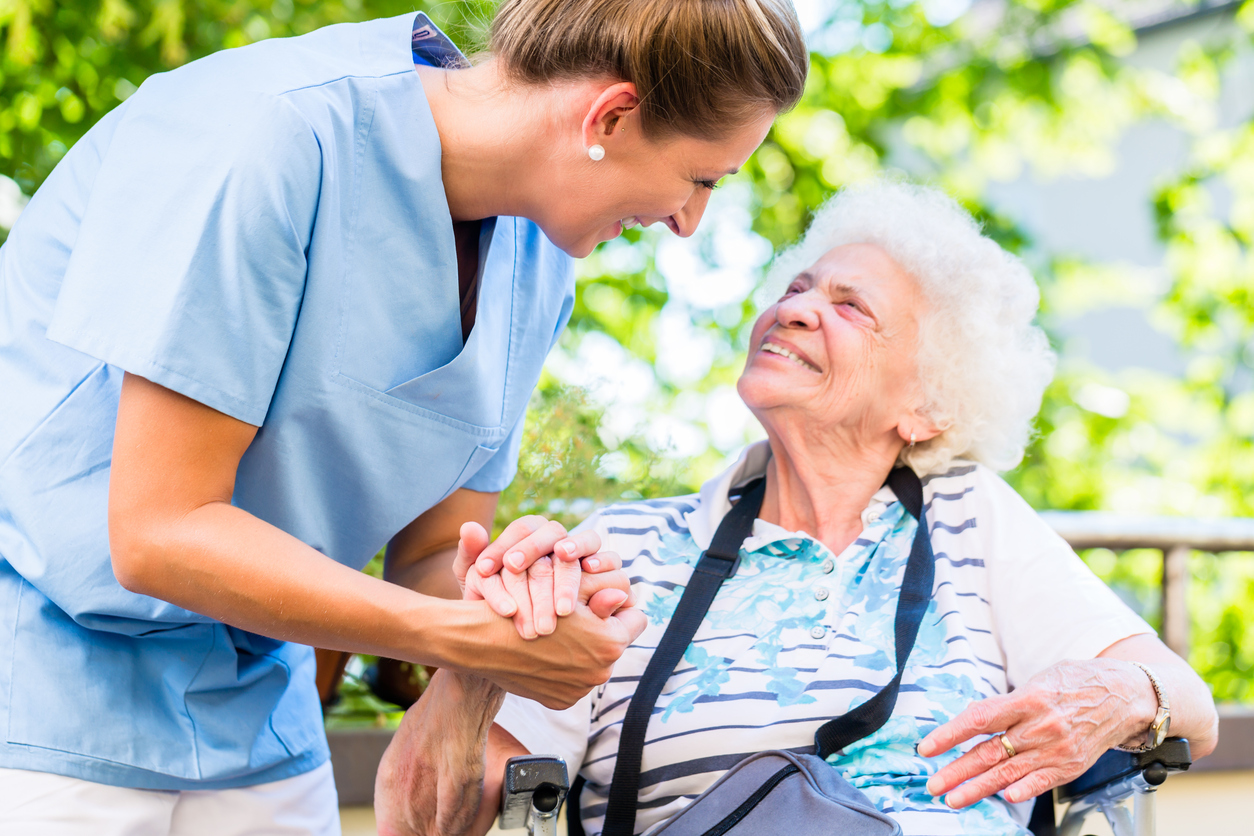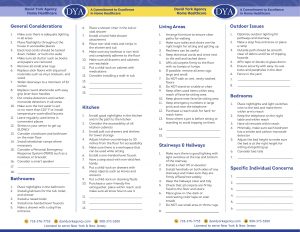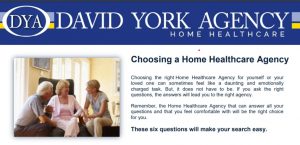Aging at home, also known as Aging in Place, is obviously more desirable than moving to assisted living. In fact, the AARP reports that 90% of seniors plan to age at home. However, there are many factors to consider. There is the physical environment as well as the living independently aspect. Modifying the physical environment is largely easy. On the other hand, determining whether a senior loved one is able to live alone is more involved and can meet with some resistance if the elderly loved one does not want to bring in a home health aide or companion to help them with day-to-day living in Bay Ridge.
Seniorproofing
Most senior homes are not equipped for the comfort, convenience, and safety of the elderly. The homes need to be adjusted to their new realities and challenges. Most older adults and their families do not know where to begin to elderproof their homes. Fortunately, floor-to-ceiling renovations are not necessary. Instead, a few small changes will go a long way to improving senior quality of life and relieving pressure on any home healthcare workers that are brought in to care for them.
Consider these important tips for home modifications that make aging at home and a senior-friendly home easy:
Safety, Security, & Aging at Home
Seniors are more likely than younger people to experience falls and accidents. As such, preparing to age at home requires special attention for safety and security. In addition to having a Certified Aging In Place Specialist (CAPS II) on staff, David York Agency has a handy checklist to help you.
Start by tackling lighting. Sufficient lighting makes a big difference for seniors experiencing diminished eyesight. Seniors need two or three times as much light in order to see, so the addition of light fixtures and wide windows is recommended. Make sure that desks, tables and sewing machines have task lighting available. Also, consider repainting dark rooms in light, glare-free colors.
Remove throw rugs and obstacles that could cause a fall. Minimize slipping by treating non-carpeted areas with non-slip sealant. If feasible, consider swapping hardwood and tile floors for carpeting.
Don’t forget the outside of your home! Add outdoor lighting, including guide lights along paths, and clear shrubs and clutter from paths, decks, and patios.
Also, consider installing an alarm or “panic” system that allows the homeowner to call for help in the event of a fall.
Mobility and Convenience
If you use a walker or a wheelchair, you may need to widen your doorways. A cheaper and easier alternative is re-hanging doors with swing clear hinges. These allow the door to open all the way and make standard doors wheelchair accessible quickly and easily. Also, if your house is multi-level, you may want to install a chairlift. Finally, replace doorknobs with lever handles and standard light switches with rockers, both of which are much easier for arthritic hands.
The kitchen and bathroom are particular areas of concern in terms of convenience and safety. Step-in showers are best for seniors. A walk-in tub is another alternative, but is often more expensive. Add grab bars to showers and toilets for additional support.
In the kitchen, induction cooktops may be better than traditional stoves since there are no open flames and dishwashers with drawers reduce the need to bend down. Ensure the most-used cooking and dining supplies are in cabinets as close to eye level as possible.
Include the Senior in Planning
If you are making home modifications for a senior relative, remember: they know what they need. The goal should not be to reduce their independence but to enhance it, reducing their reliance on you and home health aides while aging in their own home.
The most important thing to remember is that small changes can be better than larger ones. In many cases there are cheap and easy options that can alleviate small stresses. Even small things like “reachers” or talking clocks can make a huge difference to you or your relative’s quality of life.
Self-Reliance
On the other hand, the day to day care may be more of an obstacle when aging in place. Often your elderly loved one does not want a home health aide or companion around. Understandably, they want to remain independent. They may not realize they are in need of some assistance since the changes that come with age often occur quite gradually. All too common, the senior may be used to making workarounds and adjustments. As such, they may need some gentle nudging by loved ones to get the help they need to age at home safely.
When a Parent or Relative Needs Extra Help
It’s not always easy to come to terms with a loved one having difficulty caring for themselves. But there are some sure signs that it is time to enlist the services of a certified home health aide.
When someone is having difficulty performing two of the following Activities of Daily Living (ADLs), it is time to contact a home healthcare agency for a certified home health aide best suited to the situation.
Activities of Daily Living (ADL):
- Bathing
- Dressing
- Toileting
- Grooming
- Mobility
- Transferring
- Positioning
- Feeding
- Oral Hygiene
Bathing/Grooming/Self Care:
If you notice that your relative is not grooming or caring for themselves, it may mean that they need additional help at home. Unpleasant body odor, greasy hair, and dirty or well-worn clothes may mean they have stopped doing laundry or are not bathing regularly. They are also signs that the relative may need a home health aide.
Mobility/Positioning/Transferring:
If your loved one is not able to get around to do their errands or go to their appointments alone, you may want to seriously look into getting them a certified aide. If they can’t position themselves additional help at home will surely be required.
Food Preparation:
If you notice that your parent is losing weight or not preparing healthy meals, it may be time to seek home healthcare. If they seem to have lost their appetite or are eating inconsistently, they may need some help with feeding to keep up their nutrition.
Hiring A Home Health Aide or Companion
Taking this step can be difficult. This burden often falls on the family to recognize the signs that an aging parent might need help with the activities of daily living. However, there are home healthcare agencies like David York Agency that can help. They are licensed by the State of New York Department of Health that can provide caring and attentive aides for your loved one. Their high-quality home health aides care for your parent or relative making them as comfortable and as healthy as possible. Here is our guide for choosing a home healthcare agency.
David York Agency can help you develop a plan to accommodate changes in your parents’ health. Their caring agency respects the wishes of your aging parent and fully involves them and the family in how they are cared for. This can minimize the anxiety and stress that occurs when quick decisions have to be made.
David York Agency Homecare Helps Seniors in Bay Ridge
At David York Agency, we understand the many challenges and risks faced by the aging and elderly. We are dedicated to providing care to support them through all of those ups and downs. At David York Home Healthcare Agency, extraordinary service is what sets us apart from other companies in Bay Ridge that provide in home healthcare services.
DYA we could provide direction as to how to manage the total care of your senior loved one. Whatever your care needs, we are there for you, always striving to exceed your expectations. For more information about David York Agency’s qualified, compassionate caregivers, contact us at (718) 376-7755. A free phone consultation can help you determine what services would meet your needs. We aim to provide you and your loved one with the assistance they need. If you’d like to hear more from us, please like us on Facebook or follow us on Twitter or LinkedIn.
For more helpful tips and information, check out our blog or contact us today.









